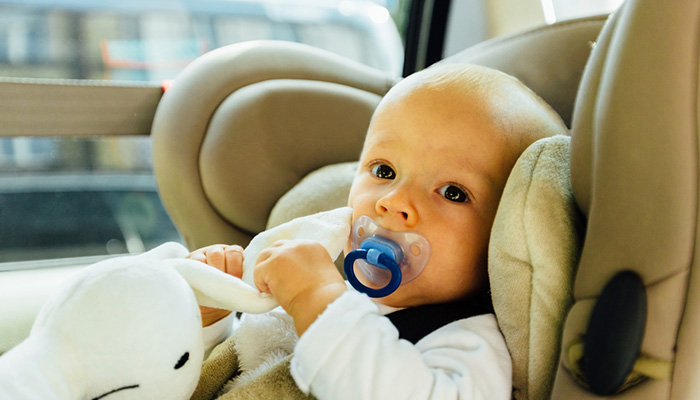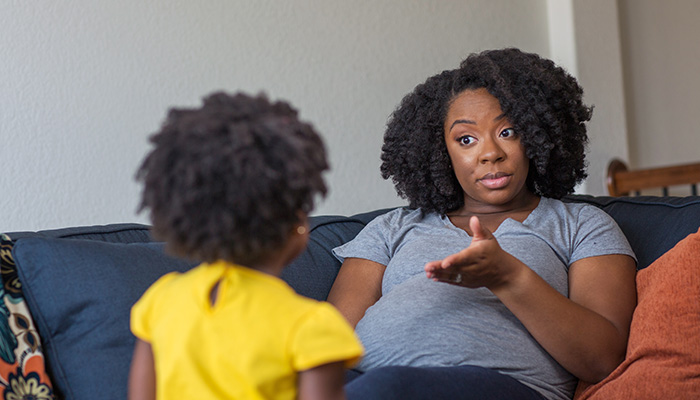One day while changing a stinky diaper of our 9-month old daughter, I saw on the changing table a vehicle constructed of Duplo. I initially thought our 4-year old son had forgotten it on the changing table while playing with his toys, among the many others frequently found scattered about the home like an unplanned Easter egg hunt. Later, my wife told me our son made that Duplo vehicle for his sister because she played with the Duplo blocks, and so he made a vehicle for her to play with too. Let’s say he got that from me.
With myself having three siblings, I have wondered how I can imbue a character of generosity to my kids. Interestingly there is research regarding kids and generosity. Researchers have concluded that kids are differentially generous depending on what the recipient knows about how much one is able to give and if people are present to observe giving. This means that when a kid’s friends are able to see their choices, then kids will give far more, and when children hide what they have, then they don’t give as much away. At an early age, kids are discovering how to gain social positioning by gaining a reputation with their peers as generous, or pro-social, when the recipient observes them.
Once recognizing how kids give is influenced if they are observed, it is important to foster generosity at an early age. Help kids give in full view, and in private, or anonymously, too. Thank-you notes are nice but not necessary to receive for a gift. As with adults, kids are less generous in a competitive situation. Help kids understand when competition is present and when it is not.
Like generosity, kindness is a skill to start building at home. Encourage a culture of kindness at home – I think my son enjoys when he provides input on what I make mom for breakfast. Be active in your child’s community as kindness comes out of respect for others. Remind children that a simple act of kindness can make a big difference. Children learn by watching, so we need to set good examples on how to treat others, and it is easy to forget this when they appear to not pay attention. Kids look to us for what is acceptable behavior, as emphasized by Dr. Michael Goodman, a pediatrician with Treacher Collins Syndrome, a congenital craniofacial disorder.
I think it is sometimes easier-said-than-done to be generous and kind during times of fear, hardship, and uncertainty. Stress is a part of our lives. Dr. Kenneth Ginsburg, a pediatrician specializing in adolescent medicine, identifies the seven “C”s of resilience to help parents use as a guide to help kids recognize their abilities and inner resources: competence, confidence, connection, character, contribution, coping, and control. Dr. Ginsburg also writes that children need to know that there is an adult in their life who believes in them and loves them unconditionally, and that kids will live “up” or “down” to our expectations.
As a parent, I try my best to develop strengths in my kids to succeed and cope in life but there is no simple answer to guarantee this in every situation. But, I challenge myself to help our kids develop abilities to navigate challenges in their own lives to be more generous, kinder, more resilient, and happier.



